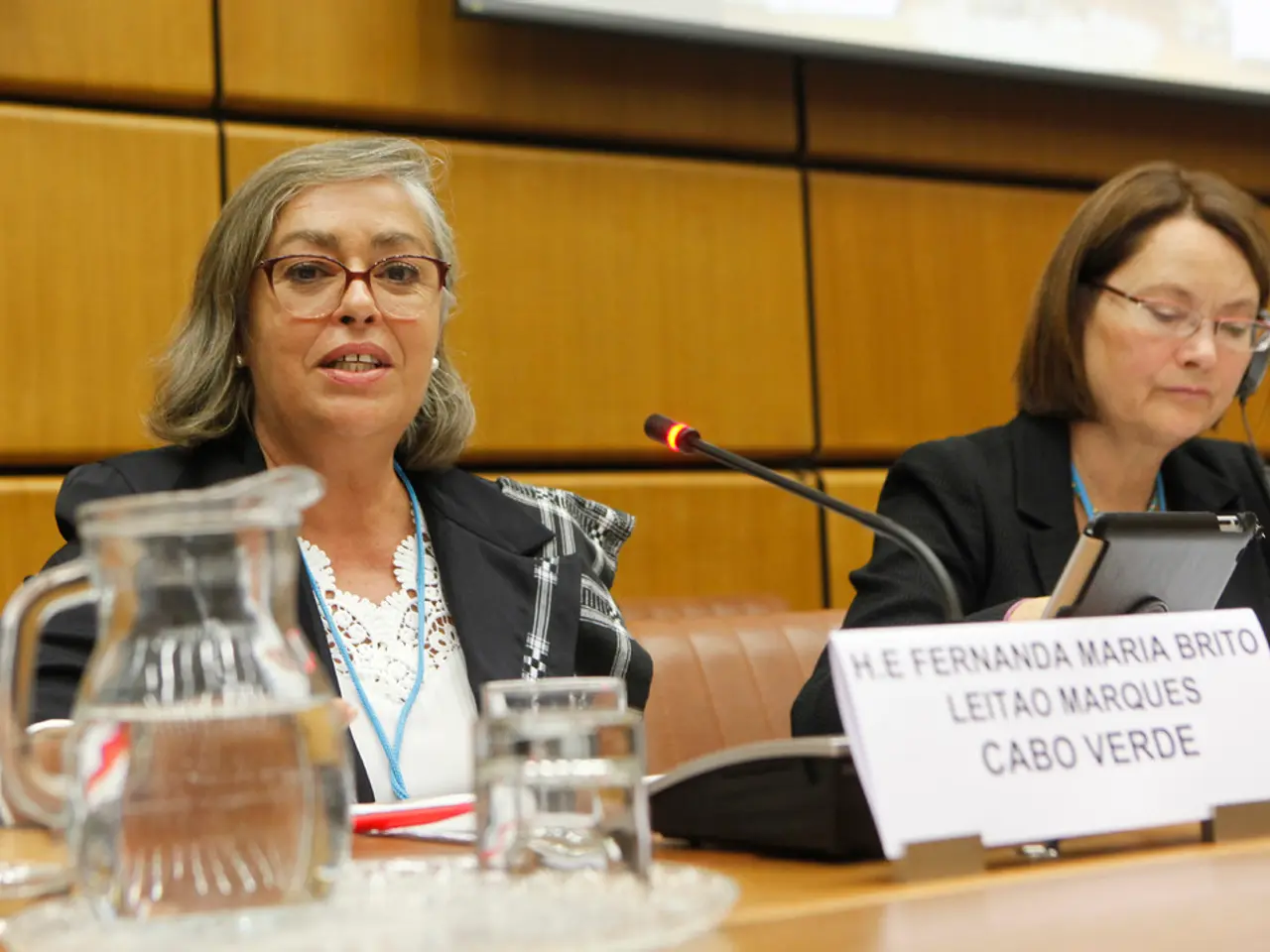Items are currently unavailable for purchase in retail stores.
Get Ready for a Digital Shopping Experience: Russian Retail Giant Pyaterochka and Magnit Ditch Paper Catalogs
Brace yourself, shoppers! The "Pyaterochka" and "Magnit" networks in Russia are about to bid adieu to the traditional paper catalogs filled with promotions. These retail giants are considering a future without these physical catalogs, and here's why.
The Green Wave:Companies are jumping on the eco-friendly bandwagon, reducing their carbon footprint by minimizing paper usage.
Efficiency in the Digital Age: Instead of flipping through paper catalogs, "Pyaterochka" and "Magnit" will now share discount information on social media, mobile apps, and their official websites. "Pyaterochka" stores will also feature eye-catching posters showcasing the best deals of the month.
In the past, customers could snag a copy of the promotional catalog to plan their shopping ahead. But with the shift towards digital channels, retailers are heavily relying on these digital platforms to disseminate information. If customers embrace these changes positively, retailers might permanently ditch the printed materials.
Now, while you might be thinking about the convenience of digital catalogs, it's crucial to understand the root cause of this transition. It's not just about going green or improving efficiency. The shift is also a response to the global political climate.
The Hidden Factor:New international sanctions and regulatory restrictions have significantly impacted Russia. These sanctions, particularly the ones implemented by the UK, target technology, software, and related services connected with Russia. This indirectly affects marketing and promotional practices.
UK sanctions targeting technology and software since April 24, 2025, restrict the provision of business and industrial software, technology transfer, and related services to entities linked to Russia. This includes certain types of software that might be used for marketing, printing, and distribution of promotional materials.
Moreover, the sanctions prohibit the provision of various professional services like advertising, business and management consulting, IT consultancy and design, and public relations services if these facilitate or relate to Russian military activities or economic sectors under sanctions. This constrains the retailers’ ability to procure or utilize external marketing and advertising services connected with the supply chain or technology providers.
Furthermore, with sanctions targeting Russian banking, technology imports, and other trade controls, Russian companies face difficulties in acquiring the technology necessary for designing, printing, and distributing traditional promotional materials. This pushes retailers towards cost-effective digital marketing solutions or reducing dependence on printed materials altogether.
So, the combination of sanctions restricting technology transfers, professional and advertising services, and the broader economic pressures on Russian enterprises contributes to the decision by major retailers like Pyaterochka and Magnit to halt the production of printed promotional materials temporarily and potentially abandon them completely in favor of digital or alternative marketing methods.
- The environmental benefits are not the only reasons driving the change; the sanctions imposed by the UK on technology, software, and related services connected with Russia are significantly impacting Russia, restricting the provision of business and industrial software, technology transfer, and related services to entities linked to Russia, which indirectly affects marketing and promotional practices.
- The UK sanctions, effective from April 24, 2025, prohibit the provision of various professional services like advertising, business and management consulting, IT consultancy and design, and public relations services if these facilitate or relate to Russian military activities or economic sectors under sanctions.
- The sanctions also target Russian banking, technology imports, and other trade controls, making it difficult for Russian companies to acquire the technology necessary for designing, printing, and distributing traditional promotional materials.
- With the ongoing sanctions and economic pressures, retailers like Pyaterochka and Magnit are turning towards cost-effective digital marketing solutions or reducing their dependence on printed materials altogether.








